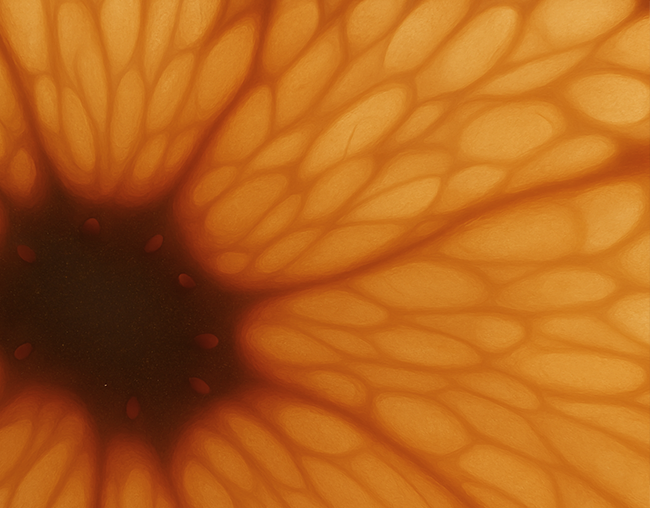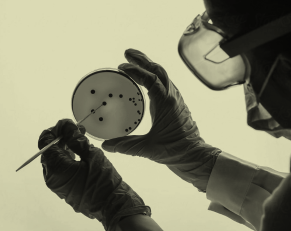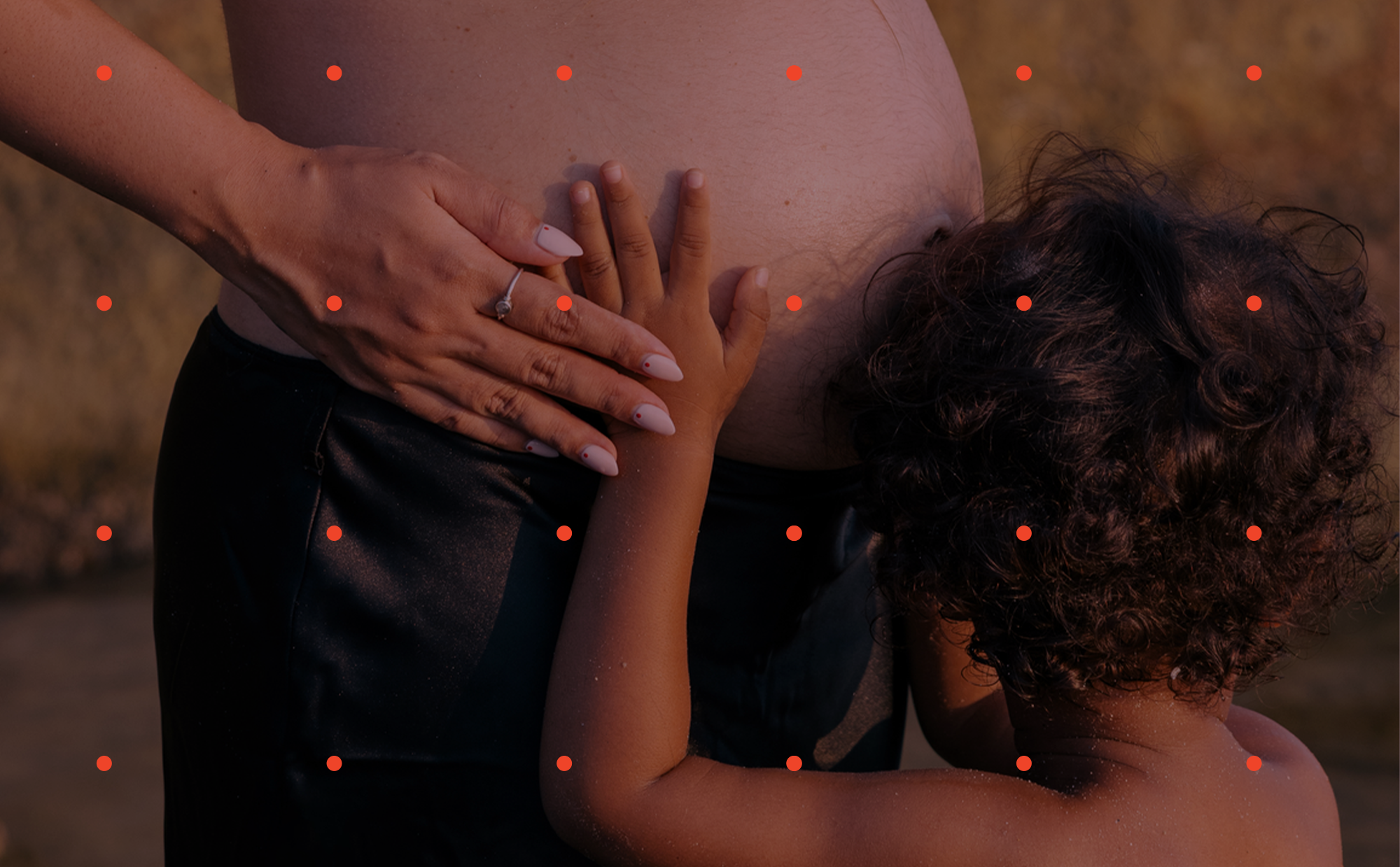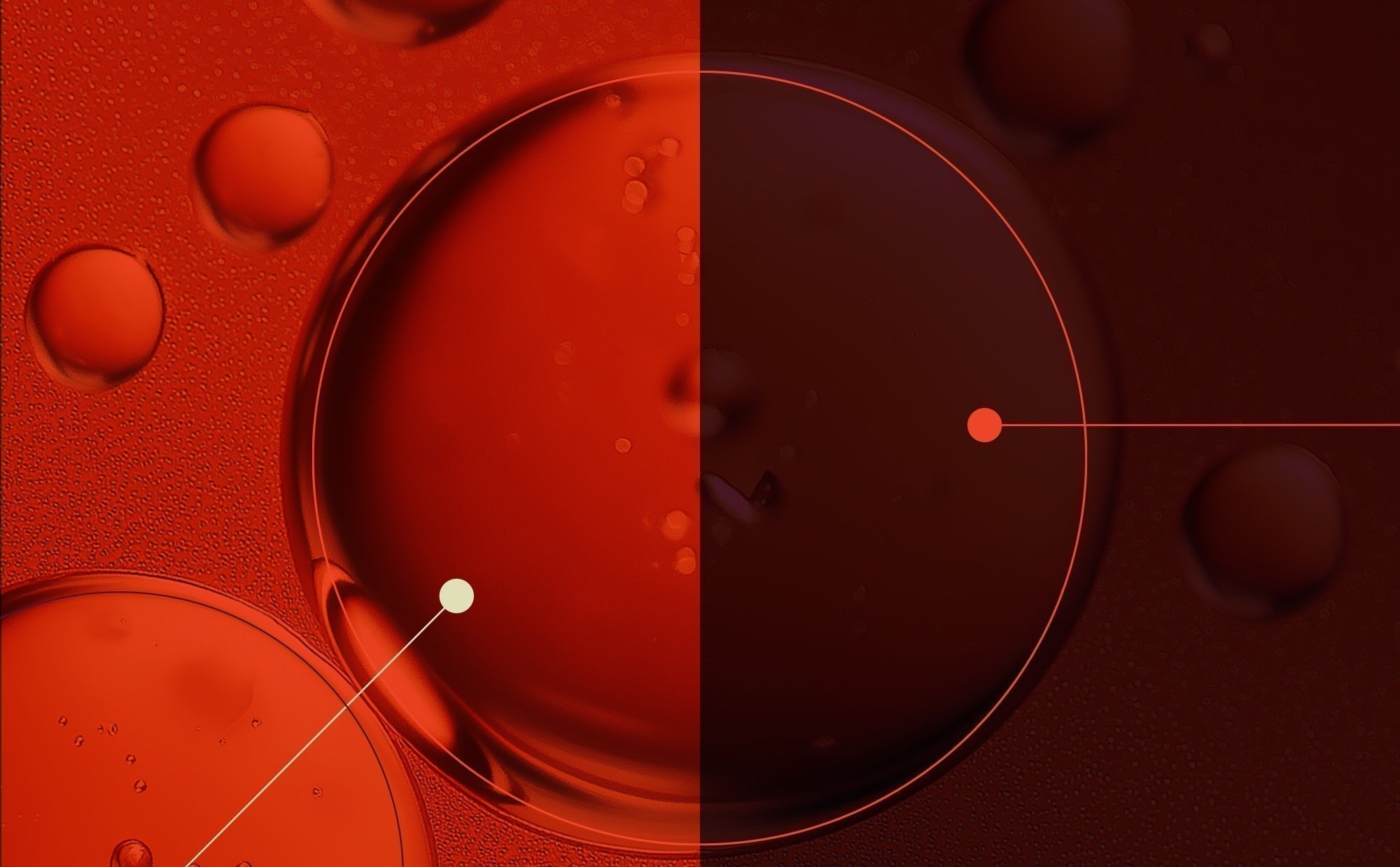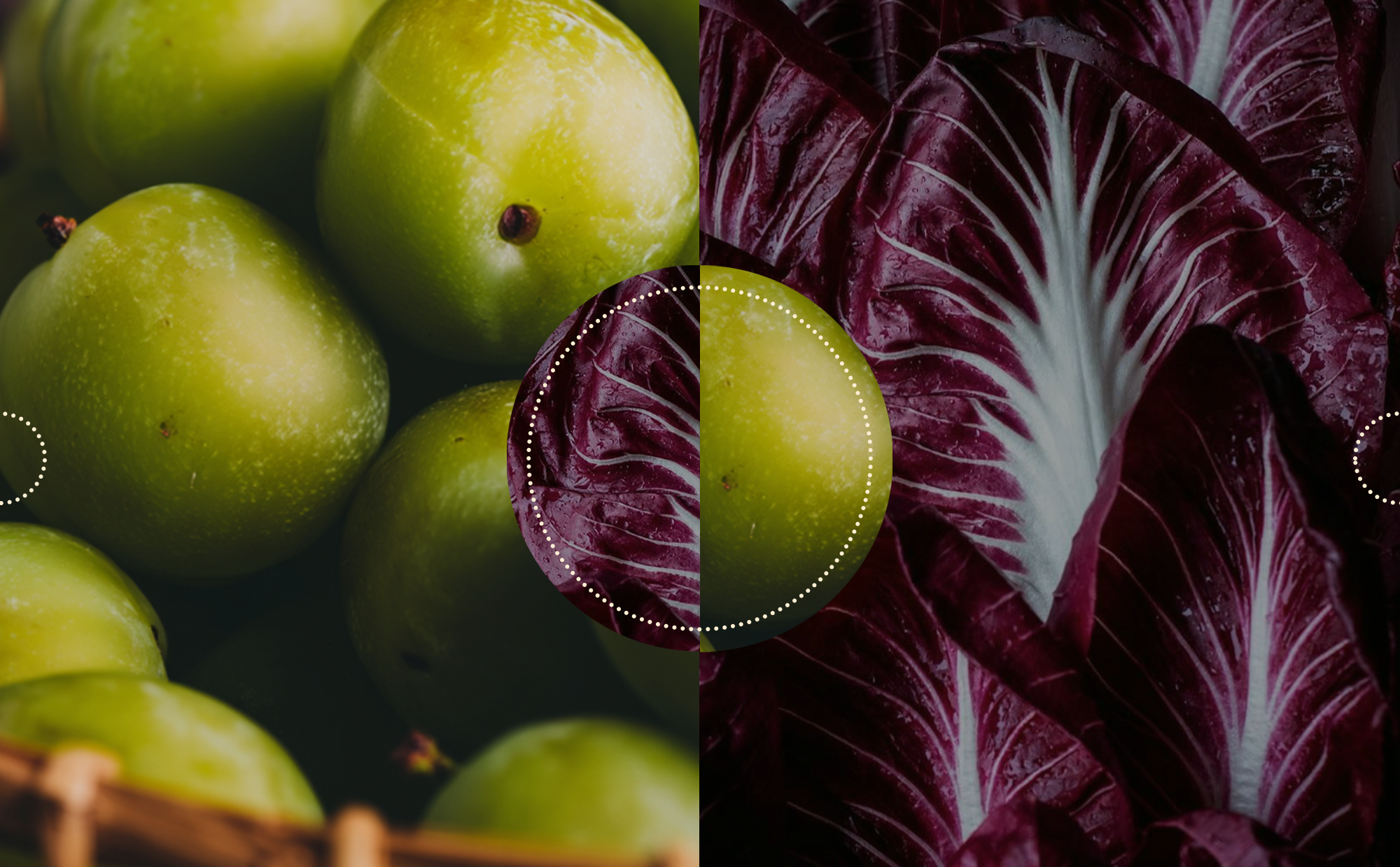The Motherlines Foundation: A social impact approach to maternal health equity
The first 1,000 days—from conception to a child’s second birthday—are the most nutritionally critical period in human life. The first 1,000 days of a child's life are a period of both immense potential and immense vulnerability. A child’s ability to grow, learn, and thrive is deeply influenced by how well or how poorly mothers and children are fed and cared for throughout this critical window.1
This window shapes brain development, immune resilience, and metabolism2, impacting lifelong health and disease risk. Yet, in Australia, many pregnant women lack access to essential micronutrients, which can have multi-generational consequences.3 At Land Lab, we envision a future where every Australian woman—regardless of income, geography, or cultural background—has access to the resources needed for a healthy pregnancy, ensuring a thriving start for their children. That’s why we created The Motherlines Foundation—a DGR-registered charity that provides free, evidence-based prenatal multivitamins to pregnant Australian women experiencing disadvantage. The pilot-prenatal program is about leveraging clinical research, traditional knowledge, and sustainable solutions to transform maternal and infant health outcomes.
The Problem: nutritional inequality and its long-term impact
Despite living in a developed nation, micronutrient deficiencies during pregnancy are more common than you might think. 
Research shows that micronutrient deficiencies are prevalent among Australian women of childbearing age. For example:
Iron: Anaemia during pregnancy is common worldwide.
- Up to 25% of pregnant Australian women experience iron deficiency anemia.4-6
- Higher rates are reported for Aboriginal and Torres Strait Islander women (Townsville: 34.2%7, remote Northern Territory: 50%8, Far North Queensland: 54.5%9).
Iodine:
- One in every 5 (18 per cent) Australian women of childbearing age have an iodine deficiency.10
Vitamin D:
- Approximately one in five pregnant Australian women are vitamin D deficient.11,12 - Approximately one in four (26.5%) Aboriginal and Torres Strait Islander adults are Vitamin D deficient.13,14
Choline:
- 75% of Australian women have inadequate choline intake.15,16 That’s only 1 in 4 pregnant Australian women who are meeting the guidelines for choline intake.16
What does this mean?
Suboptimal prenatal nutrition has been linked to poor outcomes for both the mother and the baby:
Iron: Iron deficiency anaemia is associated with poor birth outcomes, including increased maternal illness, low birth weight, prematurity and intrauterine growth restriction.4,5
Iodine: Iodine deficiency in pregnancy impairs brain development in the child and has been linked to a reduced IQ.17-21
Vitamin D: Vitamin D deficiency has been associated with a number of negative pregnancy outcomes, including preeclampsia, gestational diabetes mellitus (GDM), emergency caesarean section delivery, low birth weight, and Small For Gestational Age.22 There is also an association between vitamin D deficiency and postpartum depression, with a 2.67 times risk in individuals with vitamin D deficiency (<50 nmol/L).23 From the mother’s perspective Vitamin D deficiency is also known to be an important risk factor for the development of osteoporosis in later life.24 Low levels of Vitamin D in the mother often lead to with low levels of Vitamin D in the baby.25-27
Choline: Inadequate choline intake during pregnancy has been linked to an increased risk of neural tube defects like spina bifida28, maternal complications like hypertension and pre-eclampsia29, and long-term cognitive deficits in the child.30,31
We cannot talk about public health without addressing maternal nutrition—because it’s not just about the mother’s well-being, but the child’s entire future trajectory.
However, research suggests that 25% of pregnant Australian women aren't taking the pregnancy vitamins they need because they're too expensive.32
The Motherlines Foundation
The Motherlines Foundation was born out of this simple but startling realization – the very women who carry the highest burden of micronutrient deficiencies are often the ones unable to access evidence-based supplementation.
Currently, there is no public health initiative providing free prenatal vitamins to pregnant Australian women holding a concession card, leaving many at risk of preventable complications in pregnancy and beyond.
Our question was simple: What if we could build a company where every product purchased funds real impact—directly supporting pregnant women experiencing disadvantage?
What if instead of relying on government programs, we created an immediate solution that is both scientifically rigorous and financially sustainable?
That’s how The Motherlines Foundationwas born—a social enterprise rooted in clinical nutrition, ethical sourcing, and maternal health equity.
How The Motherlines Foundation Works
1. Direct access to prenatal supplements for eligible pregnant Australian individuals
The Motherlines Foundation provides immediate, direct access to clinically formulated prenatal supplements for pregnant Australian women who hold a government-issued concession card.
How It Works:
- Profits from every Land Lab prenatal multivitamin sold goes directly toward funding prenatal multivitamins for pregnant Australian individuals who hold a government-issued Services Australia concession card.
- Eligible individuals can go onto Land Lab website, navigate to the Mother Dose™ prenatal product page and click on the ‘Access Social Impact Stream’ button. Then they can enter their healthcare card number online for real-time verification.
- We leverage real-time digital verification of an individual’s concession card to make access immediate and free of complicated bureaucratic roadblocks, stigma, and waiting periods.
- Once approved, they receive a 10-month supply of TGA-listed prenatal multivitamins at no cost.
2. First Nations-led supply chain for all Native Australian ingredients
Australia’s First Nations communities have long been stewards of some of the most nutrient-dense botanicals in the world, which have been used as food and medicine for over 60,000 years.
Our prenatal formula proudly includes Terminalia ferdinandiana, commonly known as Kakadu plum, gubinge, green plum, salty plum, or billy goat plum. It is endemic to Australia and grows throughout the Northern Territory and Kimberley region of Western Australia. Kakadu Plum is a powerhouse of nutrients and bioactive compounds with a rich cultural history. In Australian Aboriginal communities, the fruit was more a medicinal ingredient than a food and was used as an antiseptic, treatment for sores and boils, as well as added into soothing balms for aching limbs and backs.33
Kakadu Plum has the highest recorded levels of vitamin C in the plant kingdom—up to 100 times that of a conventional orange.34-36
Vitamin C is a potent antioxidant and a vital nutrient for pregnancy, supporting collagen production37,38, improving the absorption of non-heme iron (Gershoff, 1993), and playing an important role in immune function.39 Kakadu plum also contains very high concentrations of polyphenolic compounds, particularly ellagic acid and gallic acid.40 These compounds offer powerful antibacterial, antioxidant, and anti-inflammatory properties.41-45
First Nations people have cultivated, harvested, and sustained Australia’s native plants for over 60,000 years. Yet today, their representation in the bushfoods and botanicals industry remains disproportionately low.
Despite Indigenous women making up 85% of bushfood harvesters in Australia, overall Indigenous representation in the industry sits at just 1% (Bushfood Sensations National Survey, 2019). Increasing economic participation in this sector isn’t just about equity—it has the potential to create lasting, community-driven benefits, particularly for Indigenous women and children in remote areas, where traditional knowledge and cultural practices continue to shape native food systems.
Land Lab is committed to engaging with a First-Nations only supply chain of our Native ingredients and upholding our Access Benefit Sharing responsibilities to our suppliers.
When working alongside our First Nations suppliers, we are committed to demonstrating: 1. Cultural Awareness
2. Co-Design
3. Free, Prior, and Informed Consent
4. Capacity Building
- Ongoing, continuous employment across a range of roles—not just cultural advisory
- Profit sharing—ongoing and continuous
5. Culturally Appropriate Marketing and Branding
6. Respect—particularly if communities or suppliers change their stance
The Bigger Picture: redefining prenatal health as preventative medicine
- Public health systems focus on managing pregnancy complications rather than preventing them.
- Medical training often lacks emphasis on micronutrient optimization, leaving many doctors uninformed about evidence-based prenatal nutrition.
- Most supplement companies operate as if prenatal health is a luxury, rather than a public health necessity. TheMotherlines Foundation is working to change this paradigm. We believe that nutrition should not be a privilege—it should be a right, backed by science, delivered with integrity, and designed for impact.
Want to Support our mission?
Shop Land Lab Products → Every purchase directly funds The Motherlines Foundation.
Partner with us → We work with doctors, midwives, dietitians, naturopaths and social workers.
Stay Informed → Follow our clinical trials and research updates. Because science-driven nutrition should be accessible to every mother, everywhere.
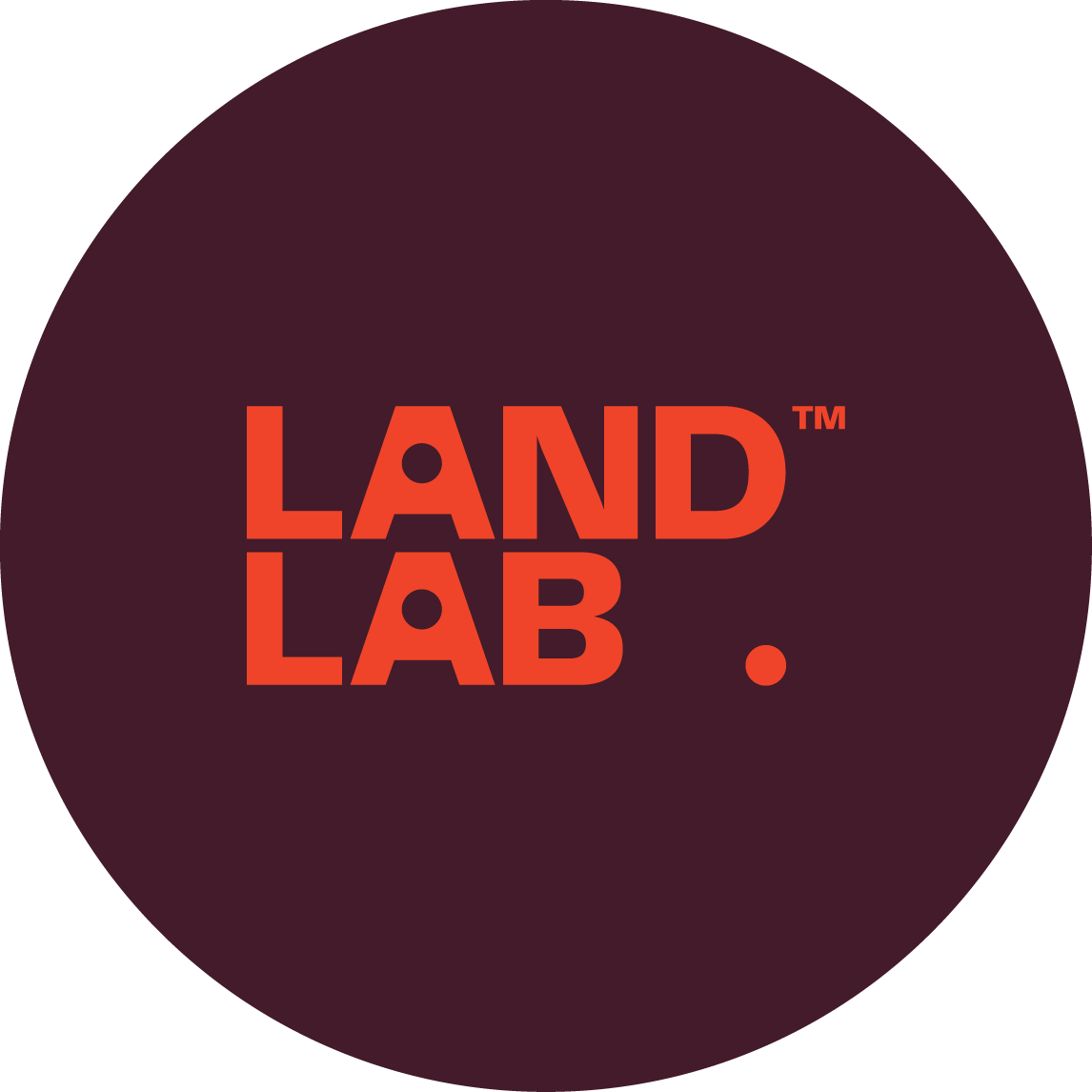
Written By
The Land Lab Science Advisory Council

Review By
Hannah LaBrooy
MD, MPH
Dr. Hannah LaBrooy is a medical doctor and public health researcher with a multidisciplinary background spanning clinical medicine, public health, and international aid and development. She holds a Master of Public Health and previously worked as a Research Project Coordinator at the Kirby Institute (UNSW), contributing to publications in leading journals including The Lancet.
Her commitment to public health and equitable innovation was shaped by early experiences working in regional and remote drug and alcohol settings and a formative internship at The Grameen Bank in Bangladesh. Her professional and academic experience has focused on addressing health inequities, particularly in the area of access to care among marginalised populations.


